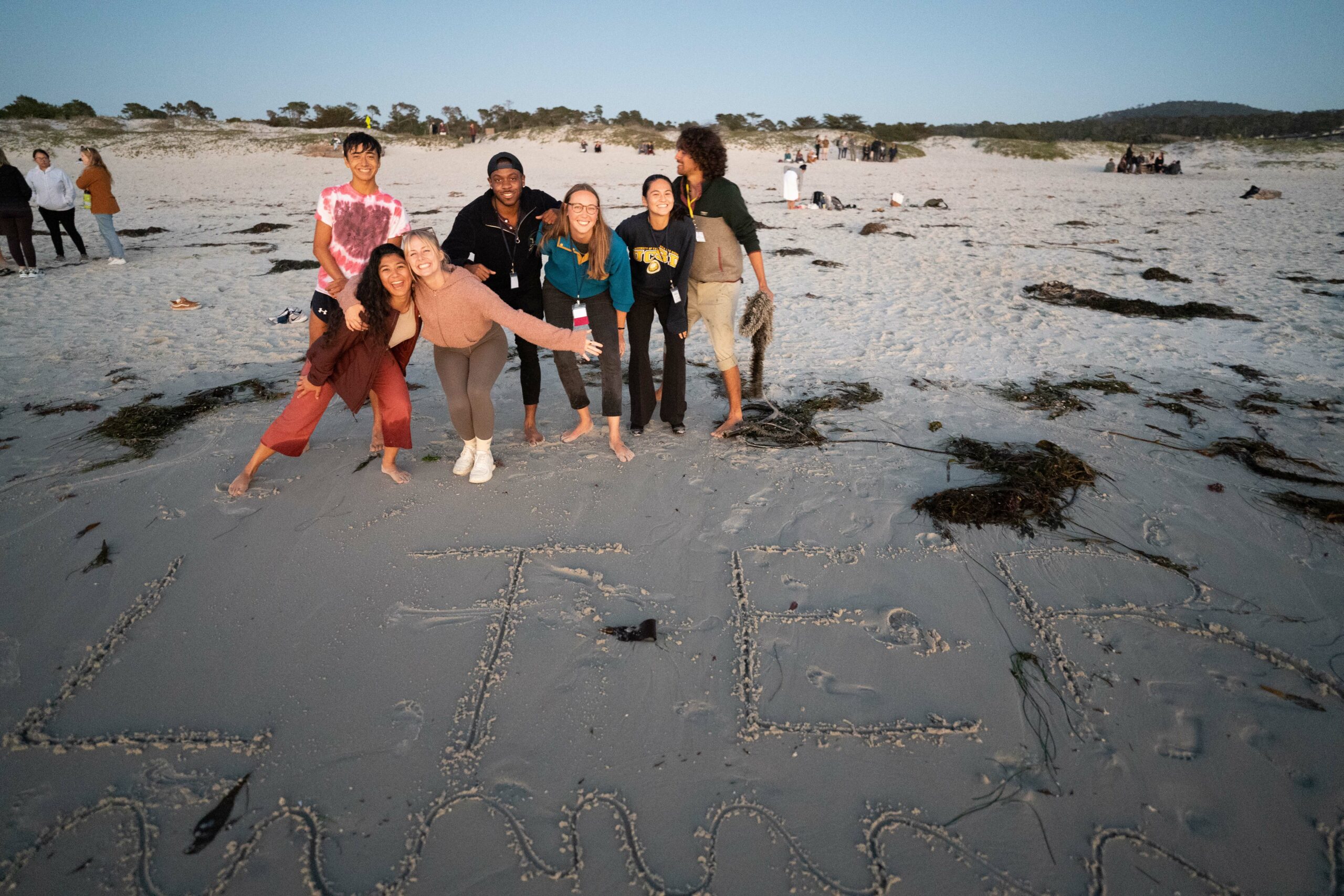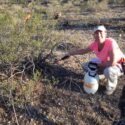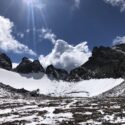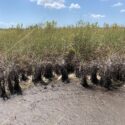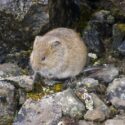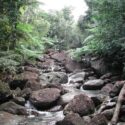
We are now accepting applications for new LTER graduate student science writer paid positions hosted by the LTER Network Office. Applications are due by November 31, 2024.
Details
Apply to join a virtual cohort of LTER graduate students for an opportunity to develop and hone your science writing skills! The LTER Network Office publishes stories about research and education from across the network, and we value the perspective of early career researchers.
Requirements and Criteria
Selected students will commit to writing, providing visuals, and completing an editing process for a minimum of 3 stories over the course of 1 year. Students will receive a stipend of $400 for each completed story, as well as receiving feedback and training from LNO staff to improve their science writing skills for various audiences and build their writing portfolio.
We are seeking individuals who are strong writers and have an interest in science communication. To apply, complete the form below. If you have any questions, contact Gabriel De La Rosa at delarosa@nceas.ucsb.edu.
For more information on the program, see the LTER Graduate Writing Fellows page on our website.

